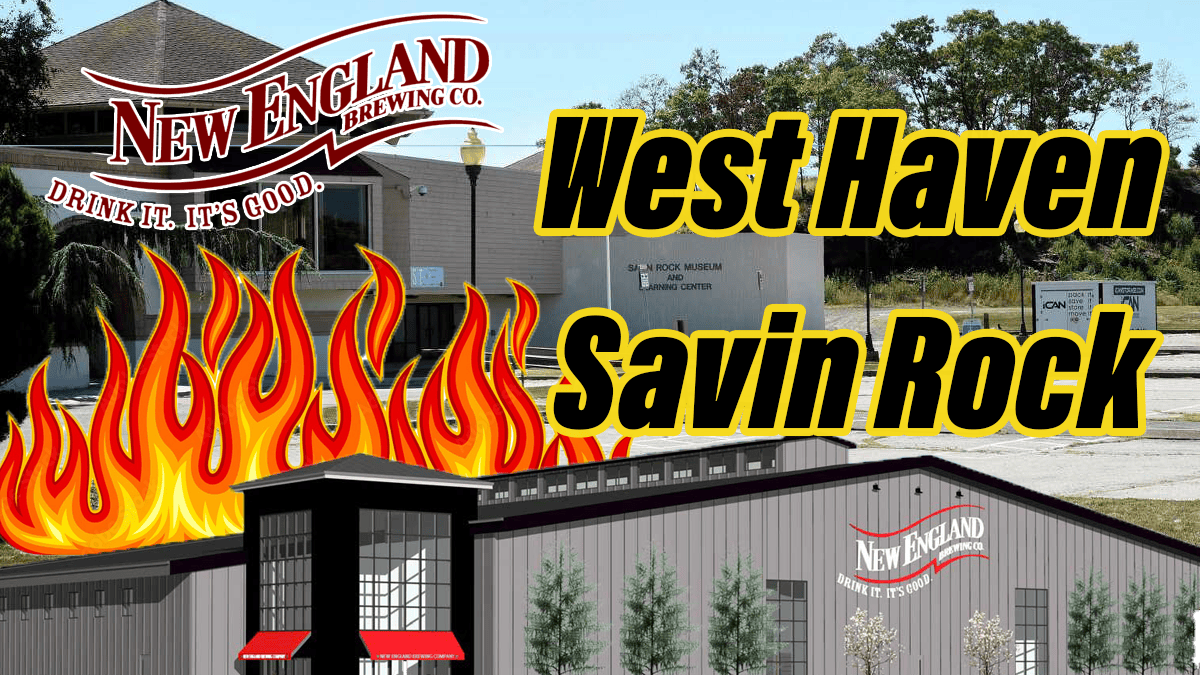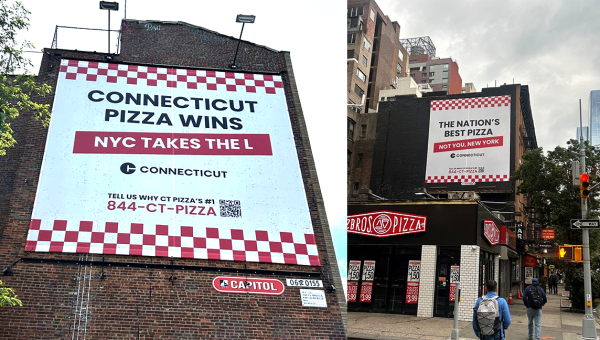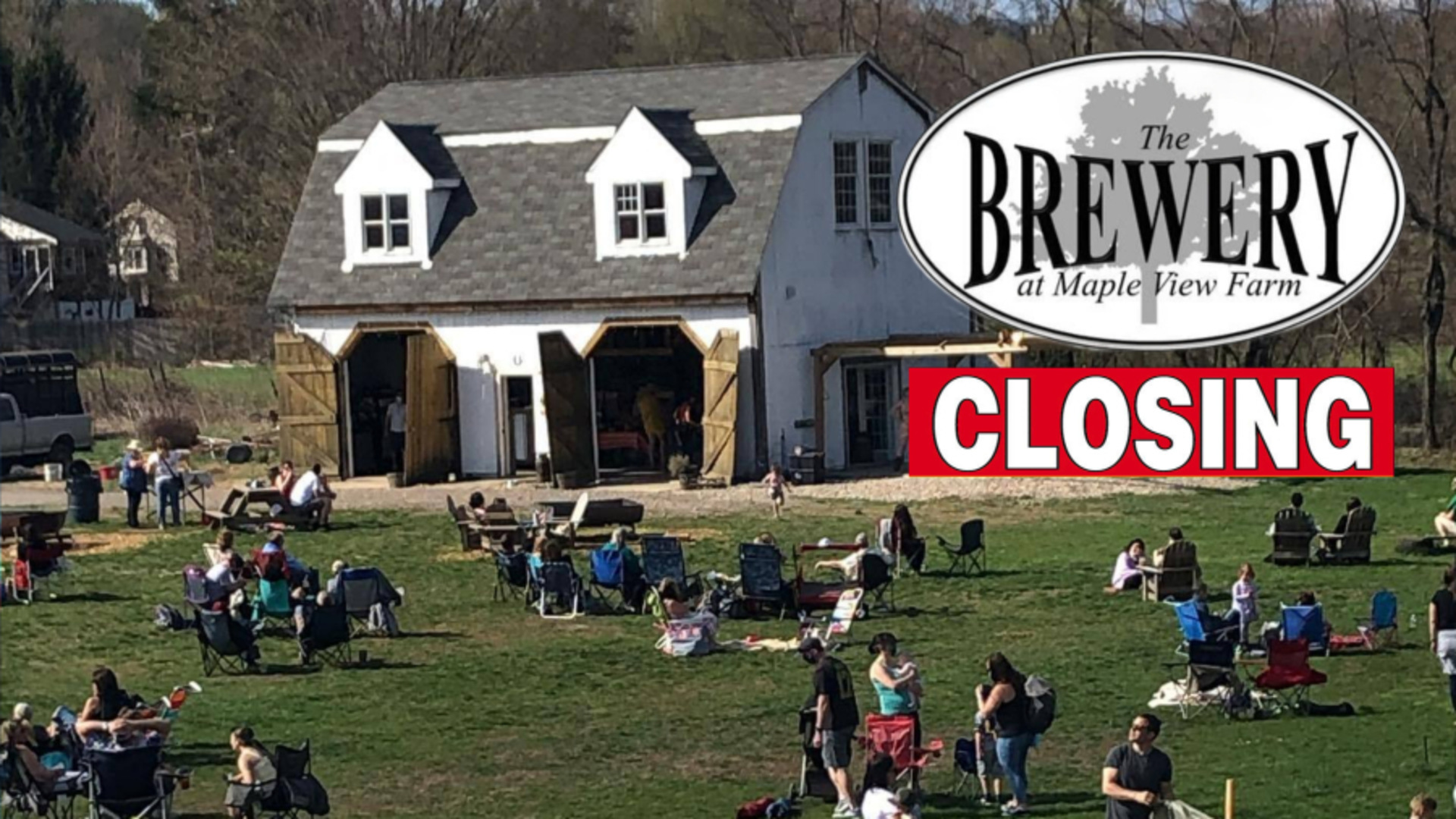
Why New England Brewing Co. Backed Out of the 'Lifetime Move' to West Haven: The Inside Scoop on Lawsuits, Lost Money, and Last-Minute Brewery Drama
After nearly two years of plans, public hearings, and high hopes, New England Brewing Co. (NEBCO), a stalwart in the Connecticut craft brewery scene since 2001, has stunned the community by abandoning its much-anticipated plans to relocate from Woodbridge to West Haven. Originally intended as a "lifetime move," this departure leaves many asking: what happened? In this comprehensive breakdown, we dig deep into the various factors that led to the dramatic fallout of this ambitious project, which had promised not just a brewery but a
revitalization of a historic location.
Breaking Update!
Hold onto your pint glasses! Remember our comprehensive analysis on NEBCO's halted relocation to West Haven's Savin Rock? The plot has thickened, and it seems the taps might flow again! We've crafted a fresh article, spilling the hops on the dramatic revival of this ambitious venture. Dive into the latest developments, stakeholders, and the unfolding narrative surrounding NEBCO and West Haven.
Stay tapped in with BISTRO BUDDY, and don't miss a drop as this brewing story continues to ferment!
The Vision That Could Have Been
NEBCO's aspirations weren't just confined to brewing hops; they aimed to breathe life into West Haven's Savin Rock, a location along an elevated section of the boardwalk near Bradley Point. The plans were grand: demolishing the existing dilapidated building to construct a sprawling 52,000 sq ft brewery complex. This would feature a tap room and barrel room, a production area, a warehouse, and even an event space. A deck overlooking Long Island Sound was part of this enticing package.
But NEBCO was not just going to be another establishment; they planned to be part of West Haven's rich history. Artifacts from the Savin Rock Amusement Park, once dubbed as "Connecticut’s Coney Island," were to be prominently displayed in the new establishment, celebrating the site that had entertained residents and tourists alike until its closure in 1966.
With such a dream, it begs the question: how did we arrive at this impasse? Stay tuned as we unravel the multiple layers of financial setbacks, legal quagmires, and community dynamics that led to the cancellation of this much-anticipated move.
Table of Contents
- Time-sensitive Plans
- The Role of Marty Juliano
- The Financial Burden
- Legal Obstacles
- Jimmies Restaurant
- Land Trust of West Haven
- Political Landscape
- Council’s Vote and Reaction
- Mayor Rossi's Statement
- Economic Considerations
- Economic Boost Hopes
- Developer Doug Gray's Role
- Public Sentiment
- Residents’ Opinion
- Business Community's Opinion
- Communication Barriers
- Lack of Direct Communication
- Council Members Out of the Loop
- Plan B For NEBCO
- FAQ
Time-sensitive Plans
The Role of Marty Juliano
Marty Juliano, NEBCO’s director of business development, declared that "Time is of the essence," indicating that the prolonged process was a significant factor in NEBCO’s decision to back out.
The Financial Burden
Both developer Doug Gray and NEBCO claimed to be out hundreds of thousands of dollars as plans stalled, emphasizing the financial toll the delays had taken.
Legal Obstacles
Jimmies Restaurant
Local seafood restaurant Jimmies was one of the main legal opponents to the relocation project. Their litigation created delays that contributed to NEBCO's decision.
Land Trust of West Haven
The Land Trust of West Haven also filed litigation, further complicating the project and contributing to delays and uncertainties.
Political Landscape
Council’s Vote and Reaction
The City Council initially approved a lease agreement but became a site of internal dissent and frustration as the project stalled.
Mayor Rossi's Statement
Mayor Rossi expressed her disappointment by saying she had brought a development opportunity that the city could be proud of, pointing fingers at a few City Council members and Land Trust members for derailing the project.
Economic Considerations
Economic Boost Hopes
Gary Donovan, a City Council member, expressed that NEBCO would have positively impacted West Haven's economy and even attracted other businesses.
Developer Doug Gray's Role
Gray attempted to expedite the process by proposing to develop within the existing footprint of the conference center, but even this couldn't save the project.
Public Sentiment
Residents’ Opinion
Many residents were hopeful that NEBCO would bring much-needed development to the area and were disappointed by the failure of the project.
Business Community's Opinion
Local businesses were also looking forward to the economic stimulus that NEBCO could bring.
Communication Barriers
Lack of Direct Communication
Council member Colleen O'Connor learned about NEBCO's decision through the grapevine, highlighting the lack of open channels for dialogue.
Council Members Out of the Loop
There was a significant communication gap among the stakeholders, including council members, which may have contributed to the project’s failure.
Plan B For NEBCO
The NEBCO West Haven saga serves as a cautionary tale that underscores the complex balance of economic, legal, political, and social elements involved in community development. NEBCO has moved on to a "Plan B," but for West Haven, the story remains a lesson in missed opportunities and the complexities of local development.
FAQ
Why did NEBCO abandon the West Haven project?
Legal challenges and ongoing delays made the project financially unsustainable, forcing NEBCO to pursue an alternative.
What was the role of the City Council in this situation?
The City Council initially approved the project but failed to resolve internal conflicts and external challenges, contributing to delays.
Who were the primary opponents to the project?
Jimmies Restaurant and the Land Trust of West Haven were the main litigants, significantly slowing down the project's progress.
What lessons can be learned from this project's failure?
The case serves as a reminder that effective planning, clear communication, and thorough stakeholder engagement are crucial in successfully executing local development projects.























